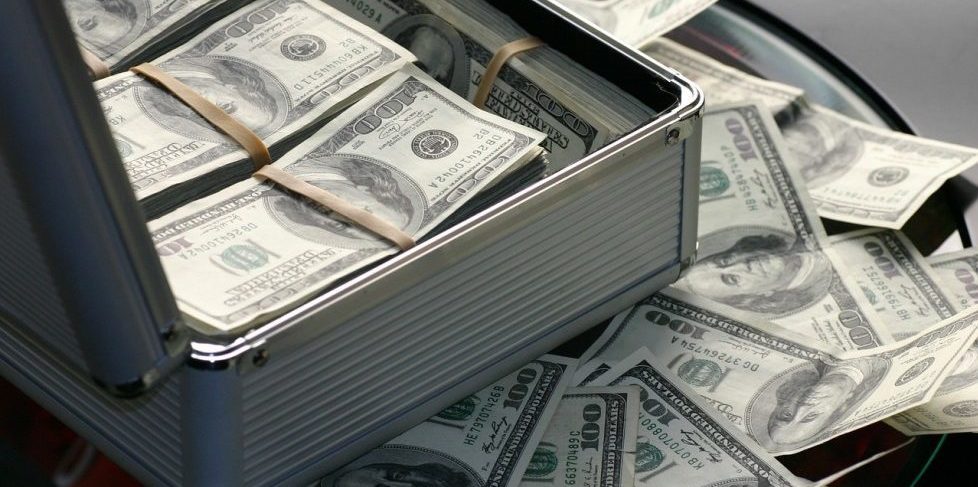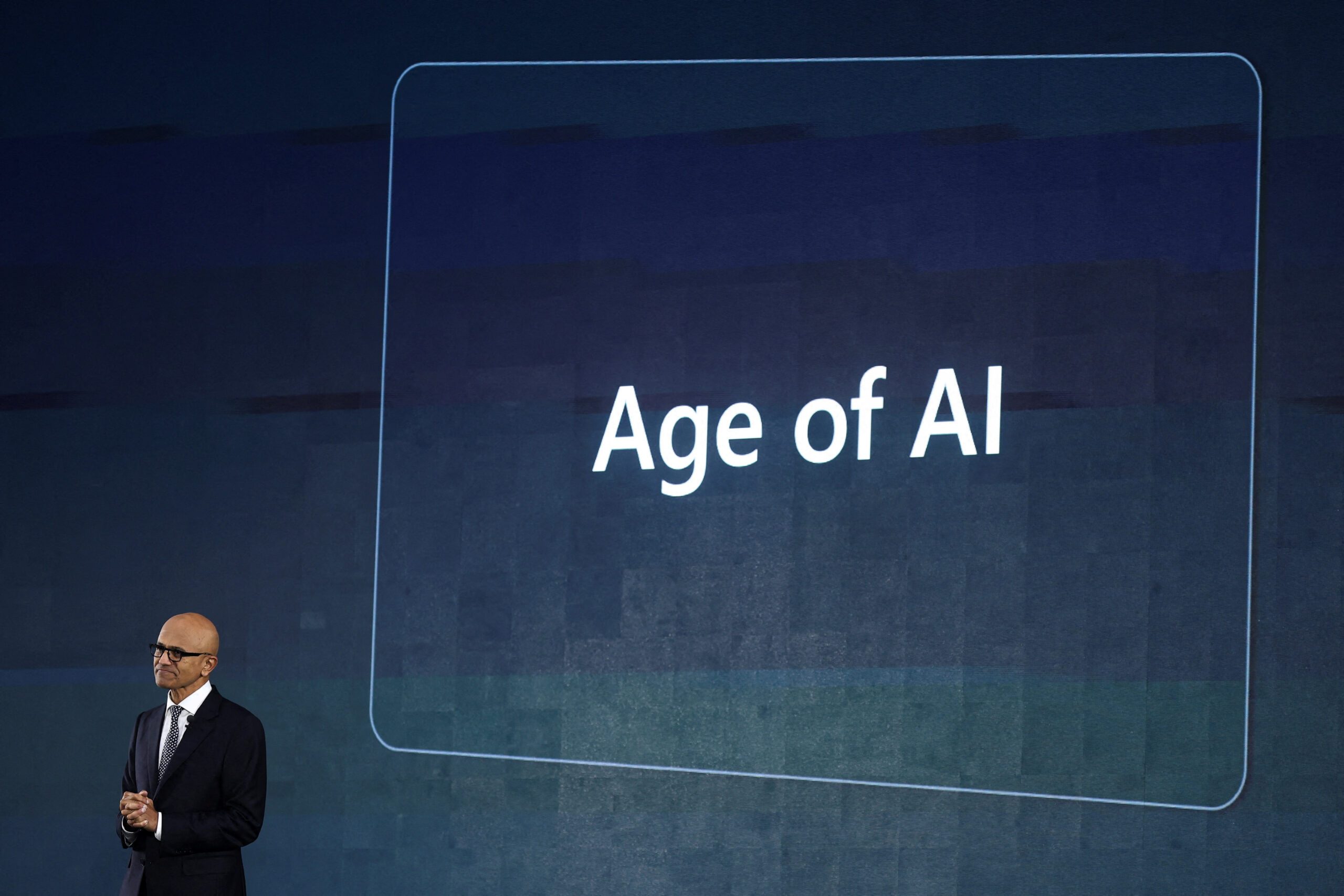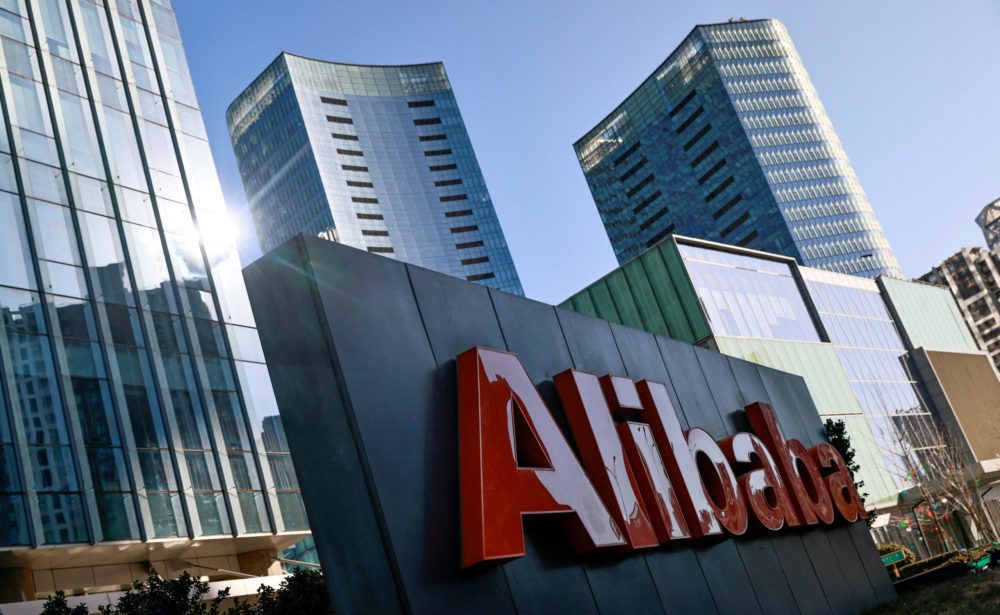HONG KONG — Chinese ride-hailing company Didi Chuxing is seeking to raise up to $4 billion in an initial public offering in the U.S, according to its latest regulatory filing.
The IPO would be one of the biggest by a Chinese company in the U.S. since Jack Ma’s Alibaba Group Holding went public in 2014. But Didi appears to have scaled back expectations as earlier reports suggested that it would seek to raise up to $10 billion.
The company, backed by SoftBank Group and Tencent Holdings, is looking to sell 288 million American depositary shares within a price range of $13 to $14, according to a regulatory filing. At the top end, the company would be valued at around $67 billion, or almost the same as in a 2018 fundraising. Each ADS represents four ordinary shares.
Didi had once targeted a valuation of as much as $100 billion in the IPO, according to people familiar with its intentions, but preliminary investor meetings led it to lower its sights.
“The discussions revealed investors considered such valuation as lofty amid regulatory scrutiny and lack of profit visibility for cash-guzzling international operations and other services such as food delivery and electric vehicles,” a person close to the transaction said.
Morgan Stanley, the lead underwriter of the IPO, has indicated interest in subscribing to shares worth $750 million at the midpoint of the IPO range. Singapore government investment fund Temasek has said it is keen to take up shares worth $500 million, according to the prospectus.
Didi is the latest Chinese company to shrug off tensions between Washington and Beijing as it aims to tap the U.S. capital markets for their greater liquidity and investor demand for high-growth businesses.
But its IPO also follows signs that Beijing is stepping up regulatory action against major technology platforms, including imposing a record 18.2 billion yuan ($2.81 billion) fine on Alibaba. In March, Didi was fined 1.5 million yuan for “improper pricing behaviors.”
Reuters last week reported that China’s antitrust regulator was probing whether Didi used anticompetitive practices to squeeze out smaller rivals and if its pricing mechanism was transparent enough.
In its IPO application, Didi said it was among more than 30 Chinese internet companies that met with regulators in April and were asked to conduct self inspections and submit compliance reports. Didi said it has already done so.
Among other Chinese companies seeking U.S. IPOs are hotel chain Atour Lifestyle Holdings and online grocers Dingdong Maicai and Missfresh. The three are seeking almost $1 billion combined.
Some candidates have developed cold feet at the last moment though. Tencent-backed social media platform Soulgate suspended its $185 million Nasdaq IPO this week just days before listing and Caixin reported on Friday that bike-sharing operator Hello, backed by Ant Group, has put its plan for a New York offering on hold.
The flurry of listings likely will push the 2021 total IPO proceeds for Chinese companies in New York well above last year’s $13.5 billion haul, which according to Dealogic data was the highest total since 2014’s record $29.1 billion. That figure included Alibaba’s $25 billion New York Stock Exchange IPO.
Didi was founded in 2012 by Cheng Wei and Jean Liu. It operates in 16 countries and serves more than 493 million annual active users on its global platform, according to the filing. Cheng is now CEO of Didi, while Liu, daughter of Lenovo Group founder Liu Chuanzhi, serves as president.
The company has established a strong lead in China’s ride-hailing market and in 2016 acquired its main rival, Uber China. Its mobility technology platform has 377 million annual active users in China and 13 million annual active drivers.
Japanese conglomerate SoftBank is Didi’s top shareholder, with a 21.5% stake through its Vision Fund. Tencent Holdings owns 6.8%. Uber, which sold its China operations to Didi in 2016 in exchange for a 17.5% stake, currently holds 12.8%.
Apple invested $1 billion in Didi in 2016 as part of a strategic partnership and an Apple executive serves as a director. But the iPhone maker is not listed as a principal shareholder in the filing.
Last year, Didi reported a net loss of $1.6 billion and in the first three months of the year logged a loss from operations of $1 billion. However, it reported net income then of $837 million, boosted by investment returns.
While analysts expect its ride-hailing business in China to turn profitable within the next two years, they are not as confident about the international business or other operations.
China remains the company’s main revenue driver, with foreign markets accounting for 1.6% of total revenue.





